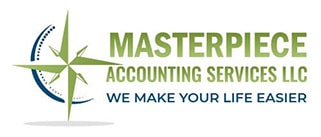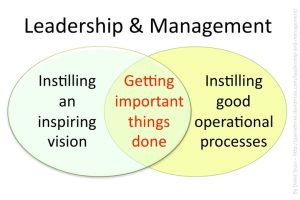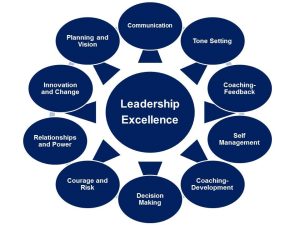Quite often people wonder what makes a good leader.
When I was an employee working for the most part, for large and medium-sized companies, I was exposed to different management styles and personalities. Along the way, I realized that the concept of leadership can be complex, that individuals could be taught how to be leaders, and that the learning process was an unending journey. In any case, some of the attributes that leaders in any organization must exhibit are:.
Communicative: Able to communicate the goals, plans of the organization as well as its challenges with others within the organization especially his or her team.
Dependable: The individual must be very reliable, punctual and always available.
Team builder – Passionate about building a cohesive team that works unanimously toward the goals of the organization.
Competent – Able to navigate through the demands of the job and any issues the company faces.
Win-win problem solver – Solution – minded, able to find solutions and apply the results among the employees with fairness.
According to Chawla and Renesch (2006), leaders can usually be found in learning organizations because they apply the Kaizen approach “continuous improvement,” commitment and shared vision across the entire entity. Hence, those leaders must be great listeners because non-listening organizations can become extremely focused on the fact that they are the final decision-makers and therefore turn their ear away from suggestions, new idea and opinions from others.
According to Senge (2006), leaders are designers, teachers, and stewards. These roles require new skills: the ability to build shared vision, to bring to the surface and challenge prevailing mental models, and to foster more systemic patterns of thinking. In short, leaders in learning organizations are responsible for building organizations where people are continually expanding their capabilities to shape their future-that is, leaders are responsible for learning.
Chawla, S. & Renesch, J. (2006). Learning organizations: Developing cultures for tomorrow’s workplace. New York, NY: Productivity Press.
Senge, P. (2006). The fifth discipline: The art and practice of the learning organization. New York, NY: Broadway Business.


